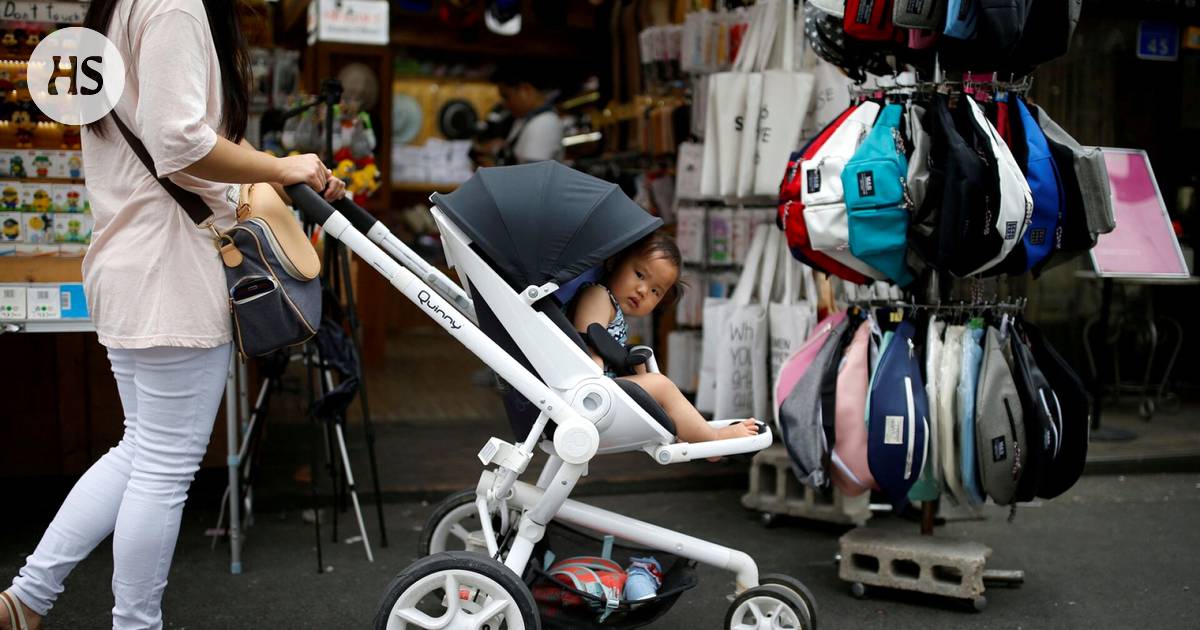South Korea is facing a population crisis, with the country having the lowest birth rate in the world. This issue has been a cause for concern for years, and political decision-makers and companies are actively seeking solutions to improve the birth rate.
One such solution is being implemented by Booyoung Group, a South Korean construction specialist. The company has introduced an innovative incentive for its employees by offering a bonus of nearly 70,000 euros for each baby born to an employee. This approach aims to address the declining birth rate threatening South Korea’s future.
Parliamentary elections are approaching in South Korea, and many candidates are proposing new incentives to encourage potential parents to have children. These proposals include housing allowances, tax breaks, mandatory paternity leave, and subsidies for egg freezing programs. However, these measures may not be enough to reverse the trend of declining birth rates in the country.
South Korean companies are also recognizing the importance of addressing fertility problems. Lotte has successfully increased the fertility rate among its employees by offering mandatory maternity and paternity leaves to employees. This proactive approach is essential in tackling population decline and ensuring a sustainable future for South Korea.
Finally, Finland has a fertility rate of 1.32, highlighting the stark difference between the two countries. South Korea’s total fertility rate has declined to 0.71, well below the replacement rate of 2.1 children per woman estimated by the OECD. It is evident that urgent action is needed to address this issue and prevent further population decline.
In conclusion, addressing fertility problems is crucial in ensuring a sustainable future for South Korea’s population and society as a whole. While Booyoung Group’s incentive scheme may help increase birth rates among its employees, more comprehensive solutions are needed at both governmental and corporate levels to tackle this crisis effectively.
Furthermore, it is essential to note that societal implications of low birth rates should also be considered when implementing policies aimed at improving fertility rates in South Korea. Declining student enrollment in universities and decreasing personnel numbers in Defense Forces pose significant challenges that must be addressed alongside addressing low birth rates.
Overall, addressing low birth rates requires a holistic approach that considers not only economic but also social factors affecting families’ decision-making processes regarding childbirth in South Korea
